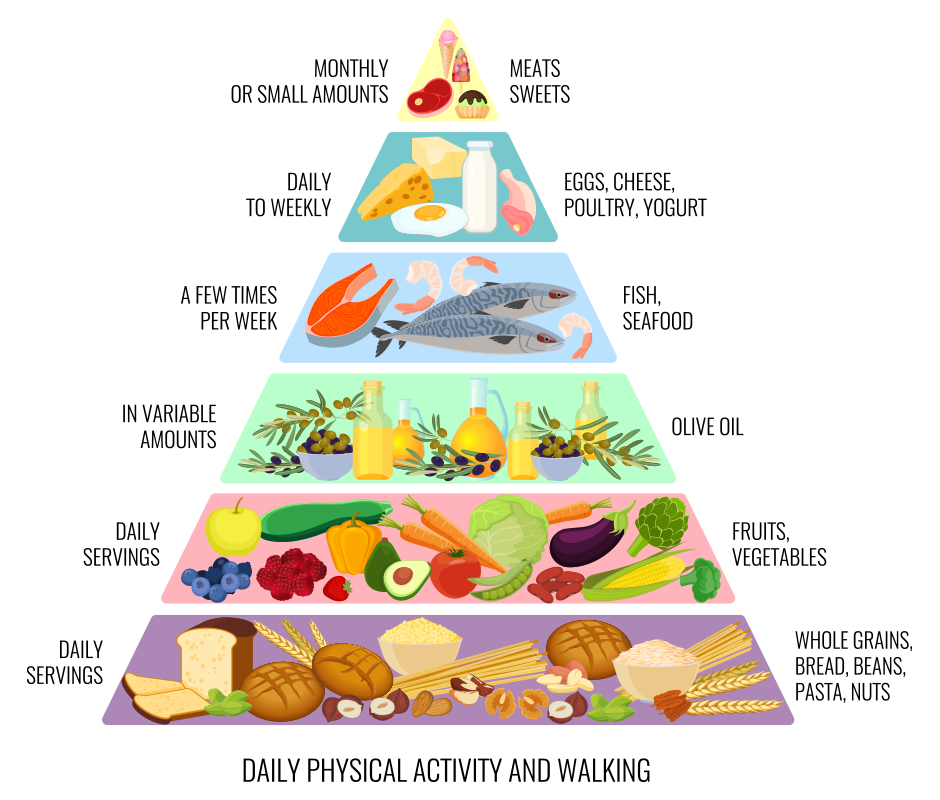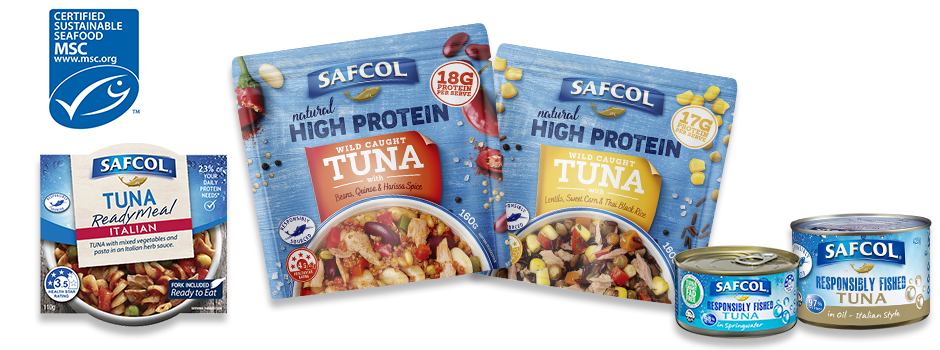by Ashleigh Feltham
Accredited Practising Dietitian and Accredited Nutritionist
There are many eating styles linked to better health and longevity. The Mediterranean diet is one of them. As the name suggests, the Mediterranean diet is the traditional style of eating for people of the countries along the Mediterranean Sea.
The Mediterranean diet is mostly plant-based with plenty of whole grains including quinoa, wholegrain bread, crackers, rice and pasta. Also, vegetables, fruits, nuts, seeds and extra virgin olive oil with moderate amounts of dairy and seafood. This style of eating is linked to many health benefits including a reduced risk of heart disease and risk of certain cancers and increased life expectancy and a reduced risk of type two diabetes.
The reduced risk of heart disease is linked to factors such as an increase in anti-inflammatory properties. When following the Mediterranean diet, the short-term positive effects on inflammatory markers have been well studied, but until recently little was known about long-term effects on inflammatory markers. These markers indicate inflammation in the body. Long-term or chronic inflammation is a major component of disease states.
A recent study published in 2021 investigated the effects on markers of inflammation of both the Mediterranean diet and a low-fat diet over a three-year period. Inflammation markers linked to heart disease were investigated in people with a high risk of developing heart disease.
People in the study were randomly assigned to three groups: the Mediterranean diet including extra virgin olive oil, the Mediterranean diet including nuts, and a low-fat diet. It was found that participants on a low-fat diet had an increased number of inflammatory markers including chemokine (C-X-C motif) receptors 2 and 3, tumour necrosis factor reception and interleukin-6.
This research supports a whole diet approach to reduce the risk of heart disease, and the importance of healthy fats in your diet. One of the healthy fats included in the Mediterranean diet is omega-3 fats. Omega-3 fats are polyunsaturated, and essential — meaning that you need to get this type of fat from your diet and your body is not able to produce it.
Omega-3 fats help to reduce both your triglyceride levels and total cholesterol levels. An excess and imbalance in cholesterol can cause thickening and narrowing of your arteries, called atherosclerosis. This can lead to heart disease, stroke and heart attack.
Try swapping saturated fat sources in your diet, like processed meats and red meat, for a seafood protein two to three times a week. A serving is 100g of cooked weight. Canned seafood has the same nutrition quality as fresh or frozen seafood, without the listeria risk. The added bonus is that canned seafood saves time because it is cooked and safely packaged. It also saves the inconvenience of spoiling and wastage and the need for packing fresh seafood in cooling containers that need a thorough cleaning.
Choose canned seafood that has been ethically sourced and Marine Stewardship Council (MSC) certified. For serving ideas, take a look at the recipes tab on the Safcol website.
Take home message
A whole diet approach is the most effective method of optimising your nutrition and promoting health and wellbeing. If you are searching for the best diet to follow for heart health and decreased inflammation long term, the Mediterranean diet is a great choice.
Reference:
Urpi-Sarda, M., et al., The 3-year effect of the Mediterranean diet intervention on inflammatory biomarkers related to cardiovascular disease. Biomedicines, 2021. 9:862.
















Comments are closed.